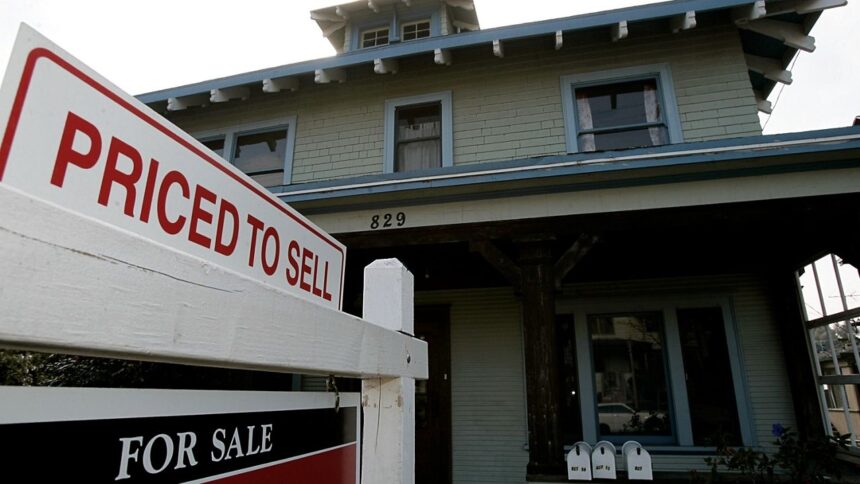It was also the year New York set a minimum interest rate counties must charge for delinquent property taxes at 12% based on the federal prime rate at the time. State Sen. Sean Ryan, D-Buffalo, said while that rate hasn’t exceeded 12% since October 1984, the law has remained the same.
“Interest rates on late taxes, they were just designed to try to encourage people to pay,” Ryan said. “They’re not meant to be punitive so we’re fixing something that made sense in the ’80s but it hasn’t made sense since then.”
Lawmakers passed legislation, sponsored by Ryan, that would set the federal prime as the cap to be adjusted every five years. Municipalities would not be able to exceed 16%.
Some counties, including Erie, currently charge 18%.
“When houses got foreclosed on, no one’s paying taxes. The towns have to take care of the zombie houses and also the whole value of the neighborhood changed,” Ryan said. “So the best thing we want to do in terms of curing New York’s housing ills is to keep people in their homes.”
The state senator said it took a while for local governments with budgetary concerns to get on board. Amherst Town Supervisor Brian Kulpa, D, believes any lost revenue will be offset by fewer operational costs.
“We have a lot more first responder and code enforcement and municipal highway time and stuff that goes into dealing with those properties,” Kulpa said.
The supervisor believes new rules will have an overall benefit to communities. Small businesses, seniors that are often on fixed incomes and have paid off their mortgages and families that have inherited property are often most susceptible to delinquency.
“Places where a building might be generational, might be something that somebody had an idea to start a business in, own their own building, we don’t want those displaced,” Kulpa said.
The governor still needs to sign the bill to become law. The new law would not apply to interest already accrued as a result of delinquency and homeowners would still be responsible for those costs.











